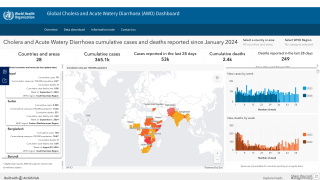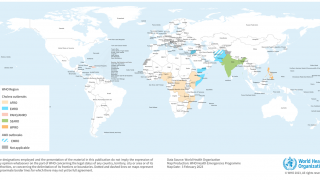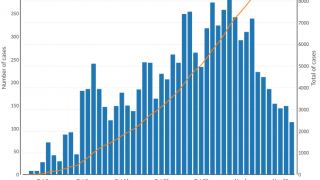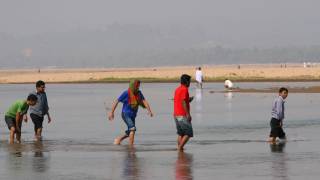The Democratic Republic of the Congo Disease Outbreaks Continue Deteriorating
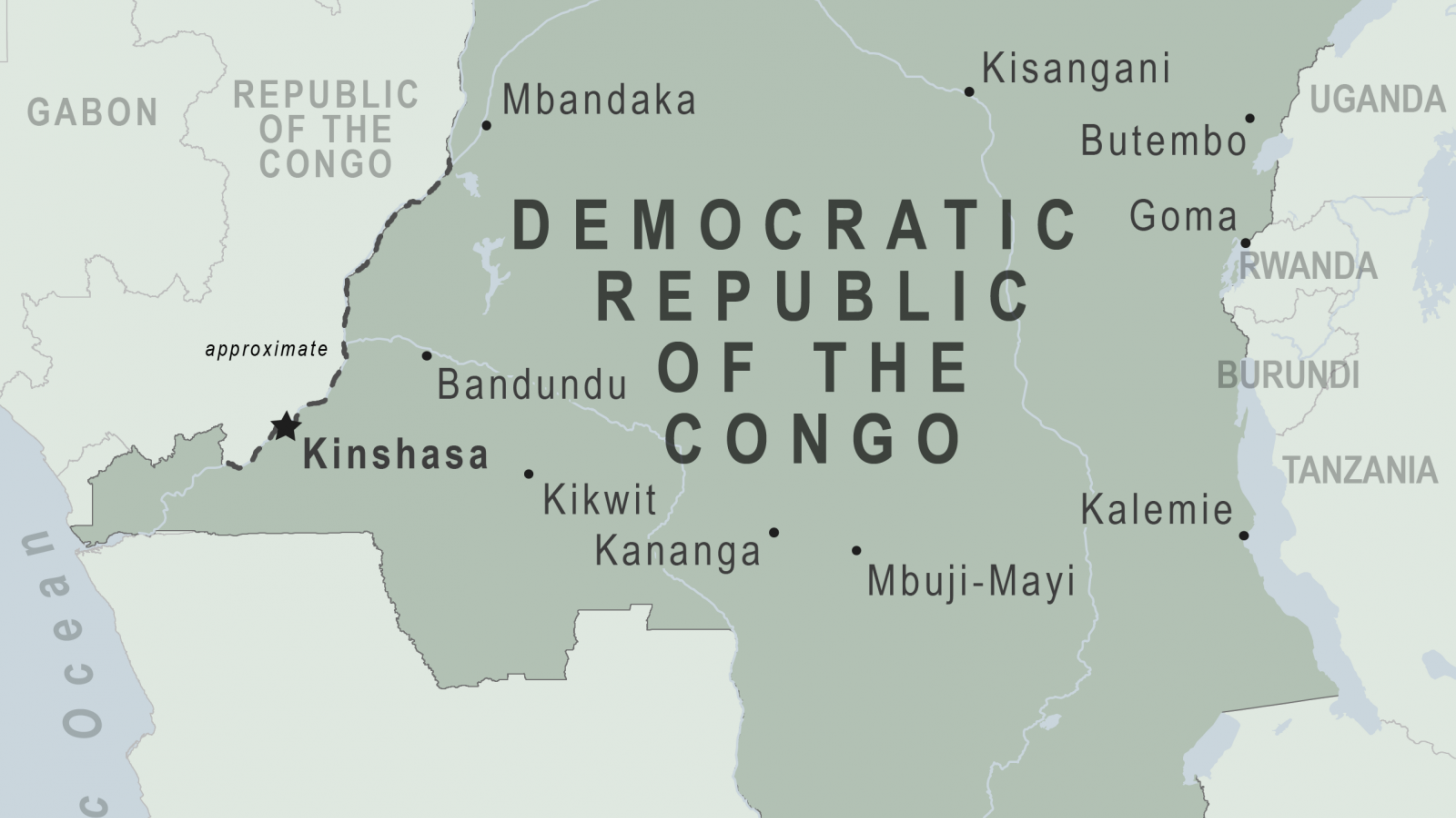
During a recent UN Geneva press briefing, two World Health Organization (WHO) leaders confirmed that the overall health situation in the Democratic Republic of the Congo (DRC) is worsening.
On March 22, 2024, Dr. Boureima Hama Sambo, the WHO Representative to the DRC, and Dr. Rosamund Lewis, the WHO Technical Lead for Mpox, highlighted that the country's challenges have reached alarming levels.
According to the WHO, close to 20 million people will require health assistance in 2024, yet the health response remains severely underfunded.
In addition to civil conflict-related challenges, severe flooding has recently ravaged communities, exacerbating the risk of diarrhoeal and water-borne diseases and compounding the strain on the already fragile health system.
Regarding disease outbreaks, these doctors shared their observations:
DRC is facing its worst cholera outbreak since 2017, with 50,000 suspected cases and 470 deaths recorded in 2023. The risk is exceptionally high in internally displaced people sites where living conditions are dire, with water supply, hygiene, and sanitation services inadequate – conditions that favor the spread of cholera.
DRC is also battling the largest epidemic of measles recorded since 2019, with close to 28,000 cases and 750 deaths so far in 2024. The combination of measles and malnutrition has a severe health impact on children under five years of age, and the lack of access to vaccines and vaccination services further exacerbates the situation.
In addition, the still-emerging mpox outbreak has been rising across the country over the last year. Close to 4,000 suspected cases and 27 deaths have been recorded so far in 2024, which represents a higher case fatality than what was seen during the global outbreak.
Over two-thirds of the mpox cases are reported in children.
There is the geographic expansion to previously unaffected provinces such that almost all provinces, including Kinshasa, are now reporting cases; this also represents a threat of expansion to neighboring countries and beyond.
Since 2023, there has been newly documented sexual transmission of mpox due to the more virulent clade I of the virus, with outbreaks among sex workers and among men who have sex with men.
The WHO supports the health authorities in responding to mpox hotspots in the country and implementing the national mpox response plan, including through integration and collaboration with the national HIV/AIDS control and immunization programs.
Despite all these compounding challenges, WHO continues to support the government and its health partners in responding to this complex crisis.
Seperately, the U.S. CDC has issued various Travel Health Notices for the DRC, alerting international visitors to their polio, measles, and mpox risks.
The CDC recommends several travel vaccinations, such as dengue and yellow fever, before visiting the DRC.
These vaccines are offered at travel clinics and pharmacies in the U.S.
Our Trust Standards: Medical Advisory Committee






